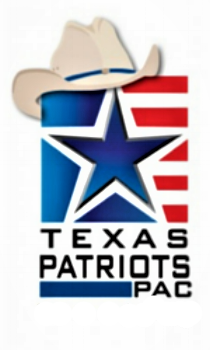Yesterday was the 242nd anniversary of the Boston Tea Party; one of the key events that led to America’s declaration of independence from Great Britain!
Britain pushed the American colonists to the point where life was worth less to them than liberty.
Americans used to be taught the famous speech given by Patrick Henry in 1775. My 92 year-old mother-in-law can still recite it from memory. At the end of this speech, Henry concluded:
“Is life so dear, or peace so sweet, as to be purchased at the price of chains and slavery? Forbid it. God Almighty! I know not what course others may take; but as for me, give me liberty or give me death.”
It is interesting that the sentiments expressed so eloquently by Patrick Henry were wide spread in the American colonies and Henry was not the first to express it. Possibly having a direct impact on the Boston Tea Party was a declaration made by the men of the Massachusetts town of Marlborough (about 6 miles from Boston) in early 1773 which stated:
“Death is more eligible than slavery. A free-born people are not required by the religion of Jesus Christ to submit to tyranny, but may make use of such power as God has given them to recover and support their laws and liberties…”
Clearly, the love of liberty was a driving force behind the creation of America as an independent nation.
These thoughts came to my mind as I listened to the Republican Presidential Debate last night and heard candidates arguing about the recent changes to the laws regulating the NSA’s telephone surveillance powers. I yearned for at least one of the candidates to put the discussion into an historical context; to provide some longer term perspective on the trustworthiness of government and the risk of allowing it too much power. To point out that liberty is not free; and will required continued sacrifices and, yes, some risk-taking, to preserve. To remind America what Benjamin Franklin so succinctly observed:
“Any society that would give up a little liberty to gain a little security will deserve neither and lose both.”
Jon Bauman
